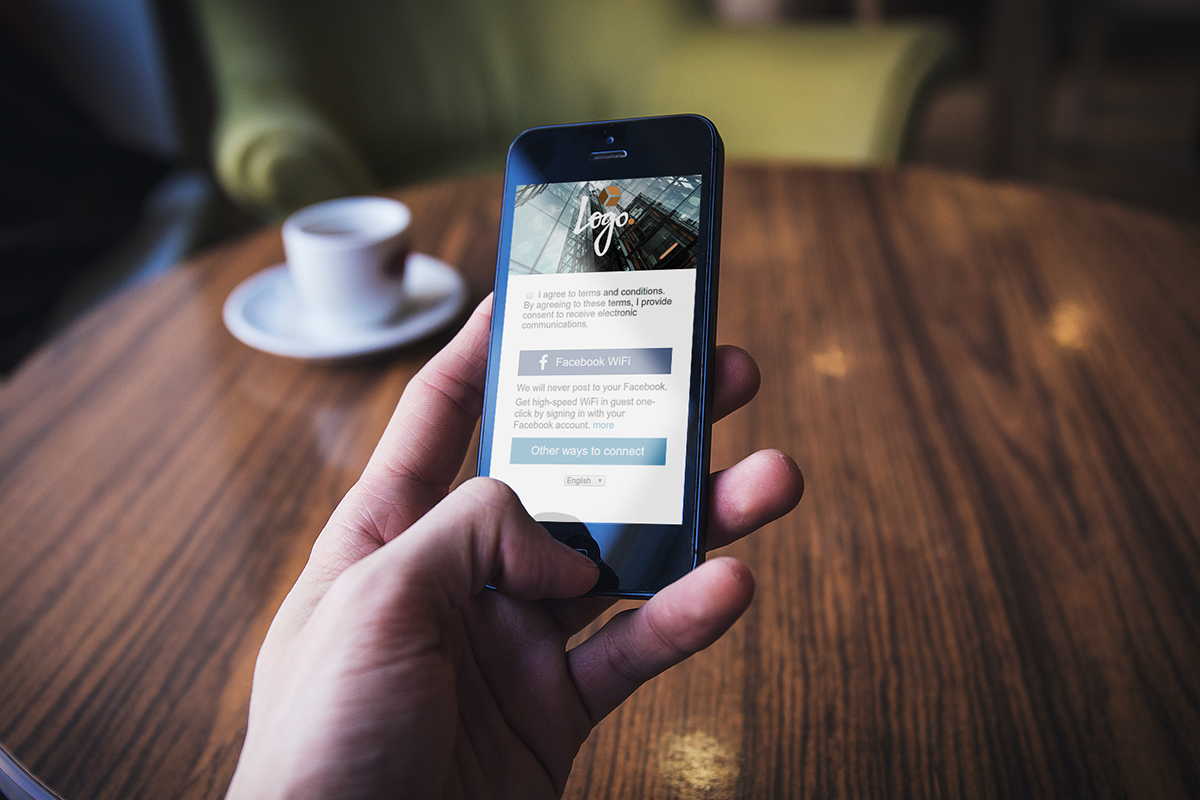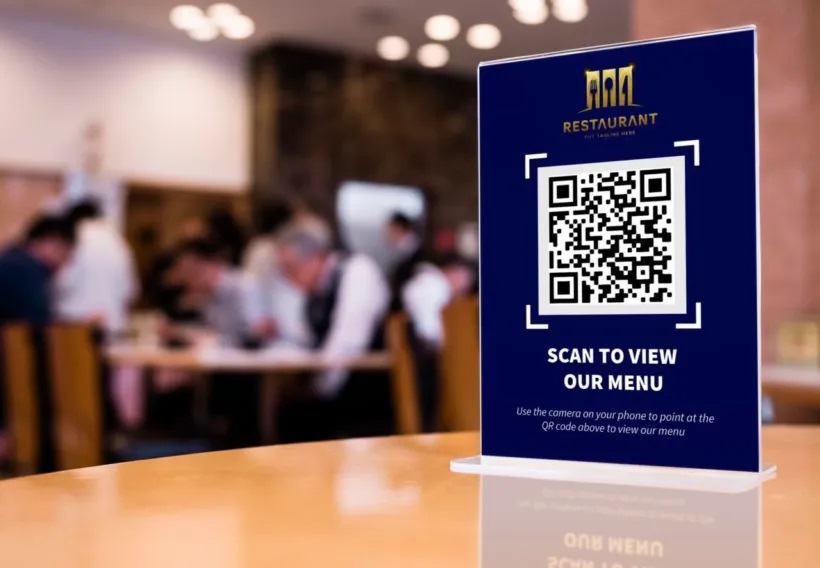Scanning QR codes, using WiFi or charging phones in public places will lose all your money: Experts reveal unexpected truths
- Tram Ho
While those tips are correct, they’re not really as serious as you might think. The advice of experts is not to stress too much. Everything you do is still safe.
Using WiFi at cafes, airports, hotels is basically safe
“Yes, that’s safe,” said Chester Wisniewski, digital security expert at Sophos. 5 or 10 years ago, using shared WiFi in a coffee shop or other place outside your home was quite risky.
But now, most websites and apps have protection systems for online users. That makes it almost impossible for crooks to do anything whether you have a public WiFi connection or not. Not impossible, but criminals will look for an easier way to break in.
Expert Wisniewski is a man whose job contains a lot of sensitive information, but he was still comfortably connected to WiFi at airports and hotels during a recent business trip.

Wisniewski doesn’t even use an extra layer of security like a VPN, although there are many recommendations that it makes the connection more secure.
You should only be wary of public WiFi if you know you’re the target of someone’s surveillance. However, that also only happens when you are a celebrity or an important person. The rest, most of us can use public WiFi without worrying about anything.
Don’t worry about charging your phone in public
The FBI is the most recent agency to warn the public not to plug phones into charging stations at airports, malls and other public places. Fraudsters can install data-stealing software on phone chargers to collect personal information.
If possible, it’s better to bring a personal phone charger to plug into an outlet. If using a public charger, it is safer to turn off the phone.
However, security experts say the above method of “juice jacking” is very unlikely. For digital intrusions over public WiFi, crooks may have to go to the airport or mall in person to do this.
Such an action is complicated and dangerous for the crooks themselves. So don’t worry about charging your phone unless you know you’re being targeted by criminals.

Secure QR code
Many people feel nervous when scanning QR codes because they think they can be annoying, even though QR codes are just a way to provide menus in restaurants.
But really, don’t worry about QR code privacy and safety. The restaurant will always intend to track you whether you scan the QR code or not. The issue of personal information disclosure comes from other activities in which you provide information to the service and the service sells the information to outside parties.
Therefore, the official QR code of a restaurant or a certain unit or agency is safe to use. Just don’t see a QR code printed on a toilet in a casual bar or on some roadside wall and carelessly scan the code and talk to people you don’t know.
Also, if it’s a QR code on a flyer at a public library or to pay on the Momo app, that’s fine.
So what should you do?
Instead of worrying too much about overblown risks, focus your vigilance on more practical safeguards.
Set strong passwords for online accounts and don’t use the same password across different services. This is a very simple method but few people do it.
Keep software up to date on applications, including on your home internet router. Wisniewski recommends turning on self-checking for software updates for routers and other internet-connected home devices every 6 months.
Be suspicious when clicking on any link. It’s an easy way for hackers to steal your money or personal information.
Most importantly, use two-factor authentication on online accounts.
Source : Genk
